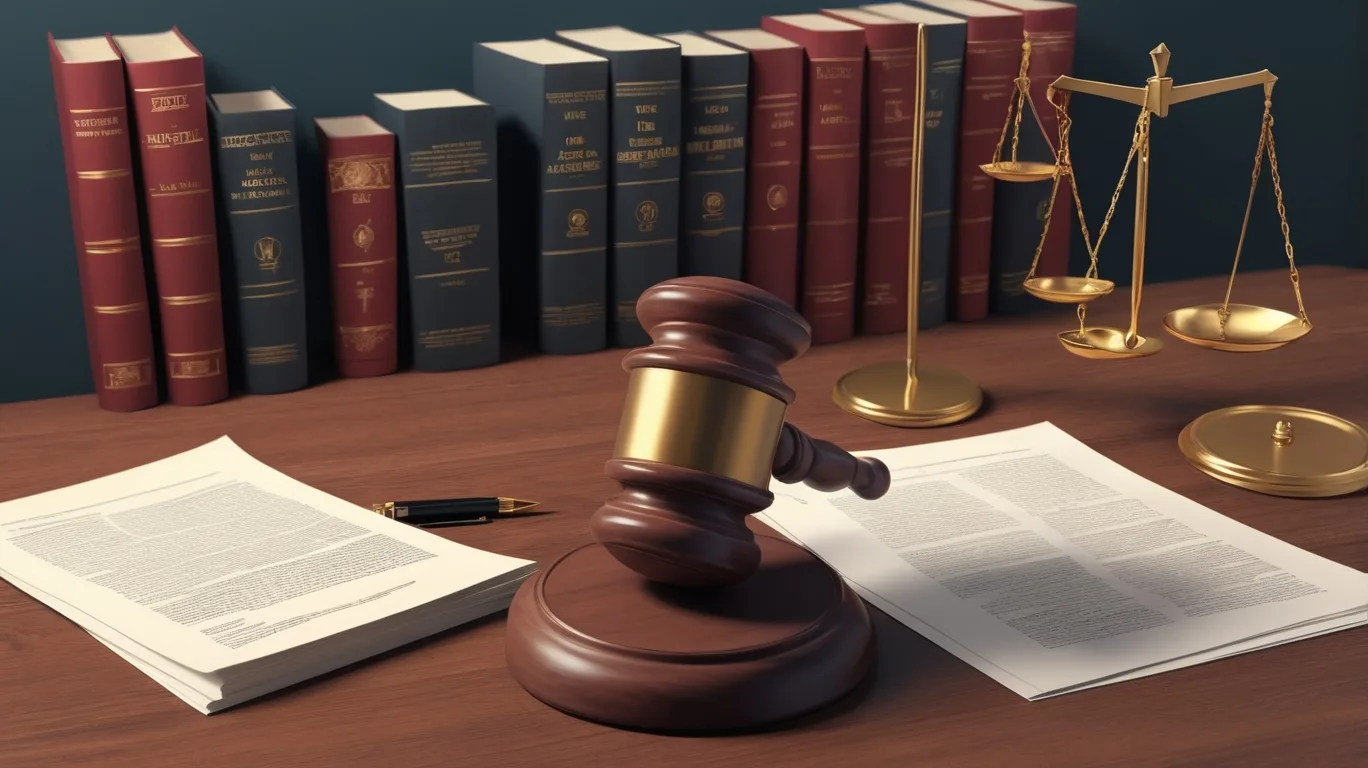By David Cortés and Daniel Aldana, May 2023
Recently, there have been several questions and concerns regarding how to conduct virtual meetings in Colombia, particularly those related to horizontal property, and what the legal framework is that governs them. Therefore, we want to share some of these laws with you so that you can keep them in mind when participating in or moderating these meetings.
What laws govern virtual meetings of horizontal property?
- Chapter 10 of Law 675 of 2001, which explains all the guidelines for General Meetings of Horizontal Property.
- We can also find that the regulatory innovation in this area comes from Decree 398 of 2020, which slightly modifies the existing legislation, adds some clarifications, and consists of only 4 articles.
- Finally, it is worth mentioning Article 148 of Decree Law 019 of 2012, which replaces the paragraph of Article 19 of Law 222 of 2005 concerning non-face-to-face meetings.
When should these meetings be held?
For horizontal properties, Article 39 of Chapter 10 of Law 675 of 2001 establishes that at least one general meeting must be held each year “… within three (3) months following the end of each budget period,” which generally tends to be during the first three months of the year. It also stipulates that the call for the meeting must be sent in writing to each owner (which can be done virtually) at least 15 days before the meeting takes place.
If the necessary quorum is not achieved in the first call, a new Extraordinary Assembly must be convened “… on the third business day following the initial call, at eight o’clock in the evening (8:00 p.m.)” as indicated in Chapter 10 of Law 675 of 2001.
How is the quorum defined?
To carry out the assembly, the presiding members must verify that the quorum is at least half plus one of the property coefficients as stated in Article 45 of Law 675 of 2001, unless the statutes specify otherwise. For decision-making, it must be done with the favorable vote of half plus one of the property coefficients present at the meeting, except for decisions requiring qualified majorities as specified in Article 46 of Law 675 of 2001.
However, it is important to note that, for special cases requiring a qualified majority of at least 70%, the meeting must be held in person due to the gravity of the decisions to be made, such as, among others:
- Amendment to the statutes and regulations.
- Reconstruction of the building or complex with almost total destruction.
- Acquisition of properties for the building or complex.
- Liquidation and dissolution of the complex.
Additionally, it is necessary for the legal representative to record in the minutes the continuity of the required quorum throughout the meeting. Furthermore, the identity of virtual participants must be verified to ensure they are indeed the partners, their representatives, or board members, which should also be done for in-person meetings (Decree 398, 2020, Art. 1).
What other requirements must be met?
In addition to the above, it is necessary for the notice of the meeting to include the agenda that will be discussed during the general assembly, and “… decisions cannot be made on topics not listed in it” (Law 675, 2001, Chap. 10, Art. 39, Par. 1).
Unlike in in-person meetings, non-face-to-face meetings must retain evidence of the meeting’s occurrence, which in this case would be the recording of the event and verification of participants’ identities (Law 675, 2001, Art. 42, Par. 1).
Finally, the minutes of virtual meetings, both ordinary and extraordinary, “… must be recorded in the respective book, signed by the legal representative, and communicated to the owners within ten (10) days following the day on which the agreement was concluded” (Law 675, 2001, Art. 44).
Conclusions
In summary, all legal entities are required to comply with these rules equally, though no one is obligated to hold the meeting in one way or another. It is entirely up to the entity’s governing body. While it is not mandatory, virtual meetings offer several advantages and have become a permanent part of our lives.
Therefore, conducting effective virtual assemblies depends not only on knowledge of the applicable regulations but also on finding the right digital tools that allow everyone to participate actively in these meetings, are easily manageable, and comply with all rules without causing issues.
In this regard, Ecclesia has focused on developing a web environment that promotes communication and adheres to the legal requirements for web assemblies. If you need help conducting your virtual assemblies, have any questions, or need a platform that provides all the necessary facilities and peace of mind, we can advise you at no cost.
This article is for informational purposes only. It may not cover all related regulations. It is not intended to provide legal advice.
References:
- Law 675 of 2001. Through which the horizontal property regime is issued. August 3, 2001. Official Gazette 44509.
- Decree 19 of 2012. Establishing norms to eliminate or reform unnecessary regulations, procedures, and administrative requirements. January 10, 2012. Official Gazette 48308.
- Decree 398 of 2020. Adding to Decree 1074 of 2015, Single Regulatory Decree of the Commerce, Industry, and Tourism Sector, to partially regulate Article 19 of Law 222 of 1995, regarding the development of non-face-to-face meetings of partner boards, general shareholders’ meetings, or board meetings, and other provisions. March 13, 2020.


